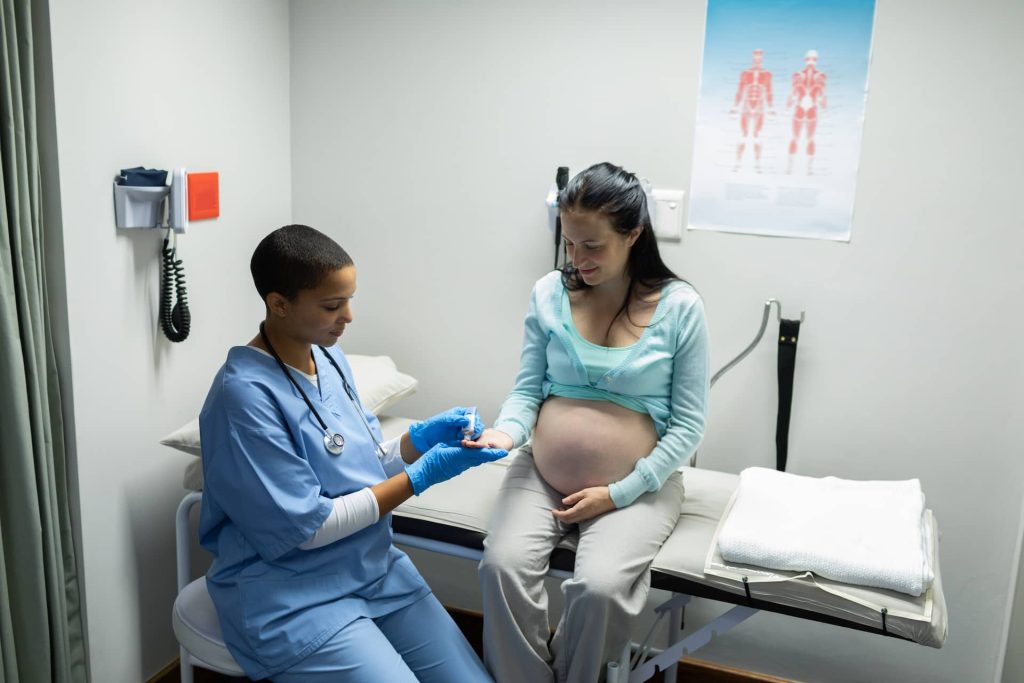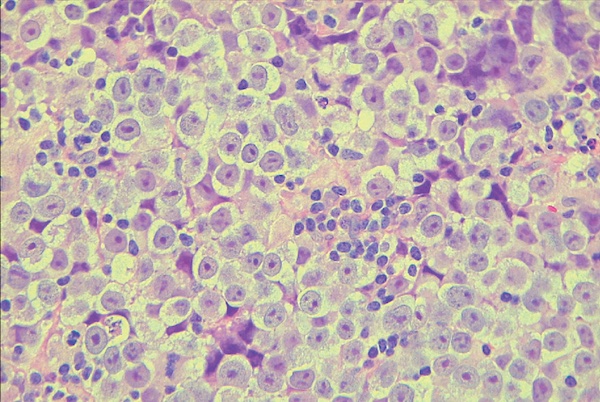
The Pregnancy Research Program at the Center for Women’s Health and Reproductive Medicine at the University of Pennsylvania is dedicated to advancing the health and well-being of both mothers and their babies. Our research covers a wide range of topics, including prenatal care, maternal health, fetal development, and pregnancy outcomes. We aim to understand the biological, environmental, and social factors that influence pregnancy, with the goal of improving health outcomes for both mothers and their children.
One of our primary focuses is on understanding the mechanisms of pregnancy complications such as preeclampsia, gestational diabetes, and preterm birth. By studying these conditions, we seek to develop better diagnostic tools and treatment options to ensure healthier pregnancies. Our researchers utilize state-of-the-art technologies and collaborate with experts in various fields to explore the complex interactions between maternal and fetal health.
In addition to investigating the physiological aspects of pregnancy, we also examine the impact of lifestyle and environmental factors. Our studies look into how nutrition, stress, and exposure to environmental toxins can affect pregnancy outcomes. By identifying risk factors and developing preventive strategies, we aim to support women in achieving the best possible health during pregnancy.
Furthermore, our research extends to the long-term health of both mothers and their children. We explore how conditions and interventions during pregnancy can influence health later in life, emphasizing the importance of early interventions. Our comprehensive approach to pregnancy research seeks to create a foundation of knowledge that will lead to improved care and support for expectant mothers, ensuring healthier futures for generations to come.




